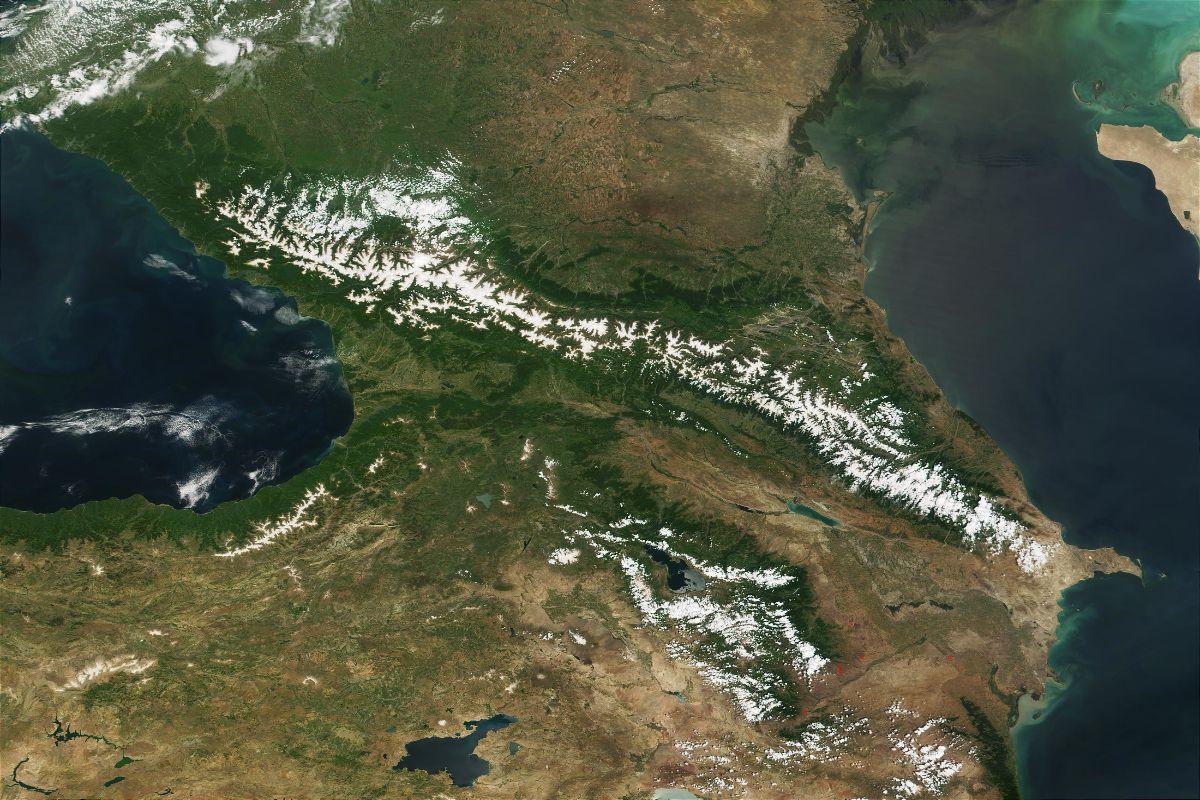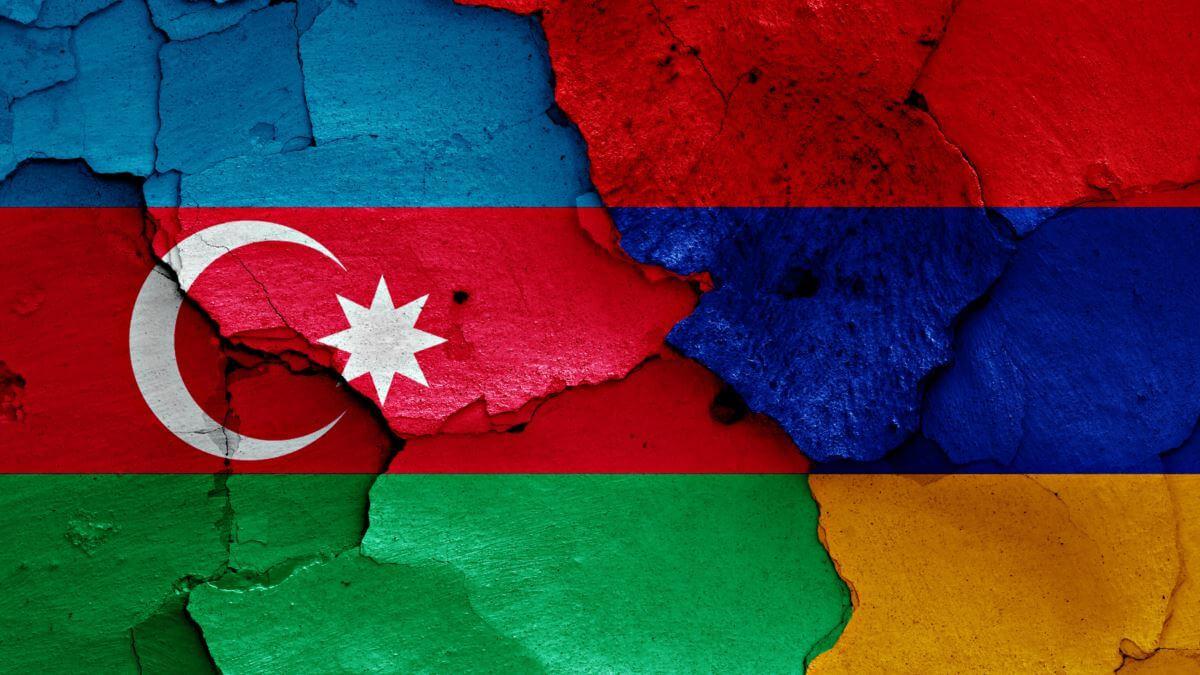"Situation in the region will remain explosive unless Baku and Yerevan conclude a peace treaty" Caliber.Az interview with Russian expert Denis Denisov
Caliber.Az presents an interview with Denis Denisov, Director of the Russian Institute of Peacekeeping Initiatives and Conflictology.
- What do you think about the situation in Armenia and in the South Caucasus in general?
- The general situation now can be described as tense and unstable. It requires the immediate organization of a dialogue format. The lack of real dialogue and the parties' intentions to reach a compromise in the medium term will develop into a new military confrontation, which should be avoided since it threatens the lives of civilians, in whose interests this conflict should be resolved.
- What regional processes, in your opinion, are the most significant today?
- I would highlight the basic trends. The first and most important thing is the absence of a fundamental peace treaty between Armenia and Azerbaijan, which provokes constant tension and aggravation in the situation. Whether this agreement will appear depends on the political will of both sides. So far, we are forced to state that there is, apparently, quite a long way to go to reach an agreement. But it is necessary. The situation in the region will remain explosive unless Baku and Yerevan conclude a peace treaty.
The second is the unstable political system in Armenia. We see constant protests, and endless demonstrations caused by public discontent with the actions of the government, and individual departments. Such permanent turbulence negatively affects the situation in the South Caucasus, especially in the context of the Karabakh settlement.

- After the Azerbaijani Armed Forces carried out the "Revenge" operation in Karabakh, anti-Russian sentiments rose sharply in Armenia. The Armenian side accuses Russia of not helping and not intervening. How do you look at this, and who is behind these allegations?
- It is natural that any military, political, economic, and other goals that Azerbaijan will now achieve within the framework of the Karabakh issue are perceived by the Armenian side partly as a problem related to Russia's non-interference in this process. Although we should not forget that it is the Russian peacekeepers in Karabakh who ensure stability in the region, and first of all, stability for the Armenian side. Because the military capabilities of Azerbaijan and Armenia are still incomparable.
As for who is behind this kind of provocation, there are many organizations and individuals that can be named here. We can find both "ears" of the West and representatives of organizations affiliated with the leadership of Armenia and the Prime Minister. Moreover, this trend is also typical for a significant part of the Armenian population, because its information space has recently been heavily distorted, with a misinterpretation of Russia's role, mission, and idea. Everything is presented far from honestly, with all the ensuing consequences. Of course, this is a huge problem that needs to be responded to and resolved.

- Baku gave time until the end of August for Armenians illegally residing in the Lachin district to leave this territory. What do you think about it?
- This problem will, as far as I understand, accompany the settlement of the conflict for more than a year. It is a very complicated issue, but it is also resolved through communication and dialogue. If there were a full-fledged dialogue between Armenia and Azerbaijan now, including on this issue, it would be possible to minimize the negative consequences, especially for the ordinary people. This is the most important thing because everyone understands that any conflict affects not the state and officials, but the people who are in the war zone.
- How do you assess Türkiye's position in the context of the Russian-Ukrainian confrontation?
- Turkey's position is quite understandable and predictable. Ankara, claiming the role of a regional leader, is trying to work primarily within the framework of national interests. Türkiye's diplomacy and leadership make no secret of this. This country would certainly like to become a key mediator in the settlement of the Russian-Ukrainian conflict since it is in many ways a very serious beneficiary of what is happening. There are so many areas where the Turks have already been able to benefit tremendously since the beginning of the Special Military Operation. For example, Ankara has become a key transport hub for Moscow in terms of communication with Europe. There are many examples, especially in terms of re-export economics and other issues. Türkiye will continue to try to play this role, and this is natural. So far the sides are looking at this quite deliberately. Proceeding from the fact that the Ukrainian side doesn't want any negotiations at the moment, the Russian side on the contrary talks about their necessity but with serious reservations, I think Ankara will keep trying to play the key role, but whether it will be successful is still hard to say.








